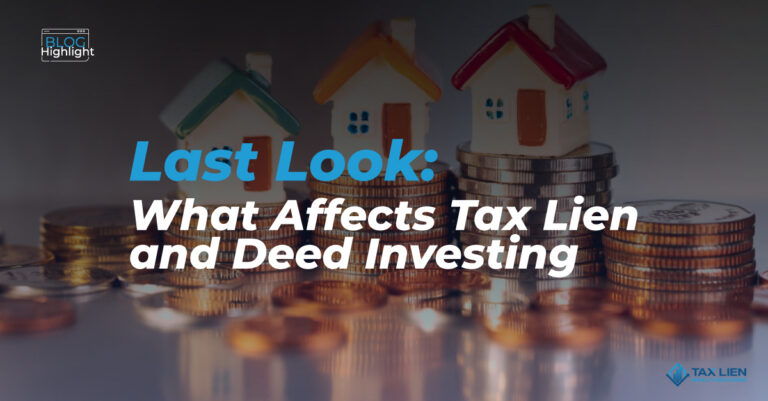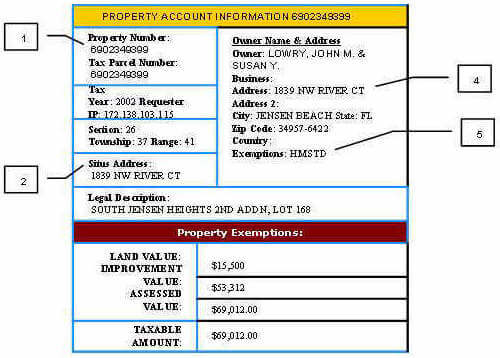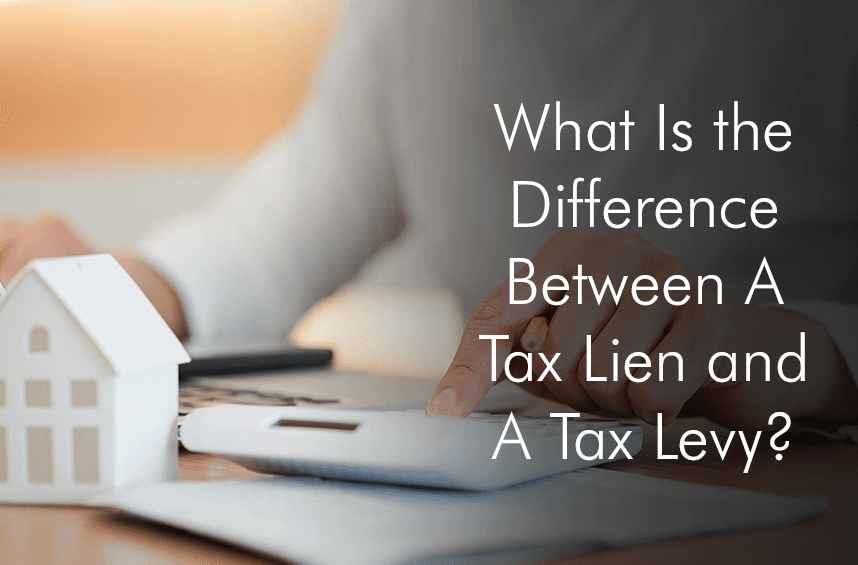All Categories
Featured
Table of Contents
In several instances, you will have to outbid various other financiers by providing to pay a higher costs (tax lien investing). This premium is typically much less than the actual amount of taxes owed, yet it depends on the investor to choose if the threat deserves the collection incentive. In a lot of areas, residential or commercial property tax obligations are around one percent of the home's value

Tax lien investors make their cash on the rate of interest settlements they collect when the homeowner pays back the taxes they owe. In some locations, these rate of interest prices are as high as 18 percent, which is greater than the typical credit score card rate of interest rate. Building owners can pay what they owe simultaneously, or they can take place a repayment strategy varying from one to 3 years.
Tax Lien Certificate Investment
In the above instance, somebody with an impressive tax debt of $4k (2 years of back tax obligations) would be giving a tax obligation lien holder with potentially up to $720 in interest repayments, dealing with the 18 percent rates of interest we discussed previously. One of the biggest benefits to tax lien capitalists is the potential to get a brand-new home for their property portfolio, without needing to pay its market worth.

This is a technique that lots of investor use to obtain undervalued buildings or distressed properties. And if the homeowner does pay their debts, they will certainly still earn a profit in the form of rate of interest. It's a great deal for the tax obligation lien capitalist. There are some cons to tax obligation lien investing.
Once the lien is paid, the financier needs to go on and seek a brand-new financial investment. Certainly, if the residential property proprietor is still in default, the lien owner will certainly acquire the property, which could come to be a repeating income source. A person that buys a tax obligation lien might find themselves entangled with various other liens on the residential property, especially if they wind up asserting the property in case the financial debt goes overdue.
This could bring about great deals of legal fights, which is why it is necessary to work with legal representatives and tax experts who comprehend points like act vs title. and can help with performing due diligence on a residential property. The laws around tax lien investing (and relevant issueslike foreclosing on tenants) are not consistent throughout states that supply investors the capability to take part in a tax obligation lien sale.
Offered that tax liens are commonly marketed at auction, competing prospective buyers will certainly bid up the premium and bid down the rates of interest that can be accumulated on the overdue taxes. The winner of the auction will certainly be the real estate investor who is paying the greatest costs and obtaining the most affordable rates of interest in return.
Tax Lien And Deed Investing
In this vein, tax lien investing is a little extra sport-like than standard easy means of gaining revenue. The first thing you'll wish to do is obtain aware of the location you're taking into consideration in terms of the property market. Bear in mind that one advantage of becoming a lienholder is gathering the residential or commercial property if the debt goes unpaid, so you will certainly require to know where that residential property is.
Once you have actually found out these details out, you need to call your neighborhood area treasurer's office to locate out when and where the next tax obligation lien public auction is being held. These public auctions are commonly kept in individual, but in today's day and age, a lot of have transitioned to on the internet places.

Many neighborhood papers release these lists every year or semiannually. Bear in mind that residential or commercial property tax obligations are usually one percent of the residential or commercial property worth, however unsettled tax obligations accumulating over several years might be a much more substantial amount.
Tax Lien And Tax Deed Investing
it has actually the added perk of getting the property if the financial obligation remains overdue. While it can be a financially rewarding possibility for the investor, it does require some strategic footwork. Occupants and residential or commercial property proprietors do have legal securities that make tax obligation lien investing a much more engaged procedure than simply bidding to acquire a debt and waiting to collect the payment.
Investing in tax obligation liens includes purchasing a legal claim on a residential property because of unsettled property taxes. This method of investing has actually acquired appeal as a result of its potential for high returns with fairly reduced preliminary capital. Tax obligation liens are generally cost public auctions, and the process can differ depending upon the place.

Financiers seek out tax liens for a number of reasons: 1. Low Preliminary Investment: Tax obligation lien investing typically calls for a little quantity of cash to begin, making it obtainable to a large range of investors. Some tax liens can be purchased for as little as a couple of hundred dollars. 2. High Returns: The passion prices on tax liens can be considerably greater than typical financial investment returns.
Tax Lien Investing Texas
3. Residential or commercial property Procurement: If the property owner stops working to pay the overdue tax obligations and interest within the redemption period, the investor may can seize and acquire the residential property. Develop an account online, or call us for further information. When investors buy a tax obligation lien, they pay the past due tax obligations on a building and obtain a tax lien certification.
Settlement by the Property Proprietor: The home proprietor pays back the overdue tax obligations plus interest within a specified duration, and the investor gets the payment with interest. Repossession: If the residential or commercial property proprietor does not pay off the tax obligations within the redemption period, the financier can launch repossession proceedings to obtain the building.
The self-directed individual retirement account purchases the lien certification and pays connected charges. Expect the homeowner repays the lien, and the earnings return to the individual retirement account. If the home is seized and sold, the sale proceeds additionally go back to the IRA, potentially growing the retirement savings. Tax obligation Lien: The federal government markets a lien on the residential property as a result of overdue tax obligations.
Tax Lien Investing Strategies
Tax Action: The government sells the actual deed to the residential property at public auction. According to the National Tax Obligation Lien Association (NTLA), 36 states and 2,500 jurisdictions within the United States permit for the sale of tax obligation liens, while just 31 states allow tax action sales.
Table of Contents
Latest Posts
Tax Sale Properties Listings
Back Taxes Houses For Sale
Tax Property Foreclosures
More
Latest Posts
Tax Sale Properties Listings
Back Taxes Houses For Sale
Tax Property Foreclosures